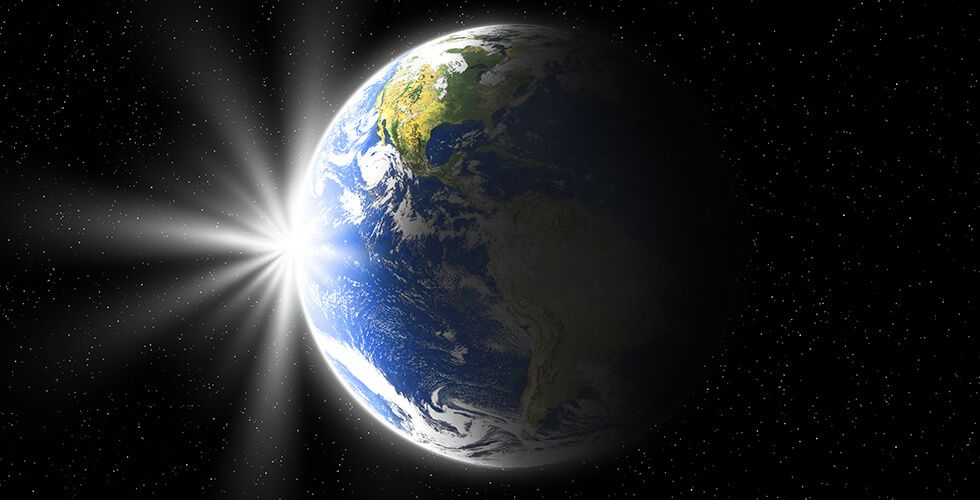
Something strange is happening beneath our feet—literally. Today, Earth will complete its daily spin a tiny bit faster than usual, making it one of the shortest days ever recorded. According to Timeanddate.com, the planet’s solar day will clock in at 1.25 milliseconds under the standard 24 hours (or 86,400 seconds). You won’t feel it, but this seemingly insignificant change is part of a larger mystery baffling scientists worldwide.
Since the 1970s, Earth’s rotation had been gradually slowing down, mainly due to the moon’s gravitational tug creating tidal friction. But recently, that trend has reversed—Earth is spinning up. And no one’s quite sure why.
There are three days in 2025 when Earth’s solar day is expected to be shorter than usual: July 9, July 22, and today, August 5. Scientists believe these spikes are tied to the moon’s varying position relative to Earth’s equator, particularly its declination, which can subtly alter tidal forces and influence our planet’s spin.
However, these lunar shifts only explain short-term changes. The broader acceleration may be tied to something more profound—literally. Some researchers suspect the slowdown of Earth’s molten inner core could be redistributing angular momentum, speeding up the crust’s rotation. Others have floated theories involving climate change or glacial rebound.
Though today’s shorter day won’t affect your schedule, the implications for timekeeping are serious. If Earth’s spin keeps speeding up, we might need to do something unprecedented: subtract a second from our atomic clocks. That’s right—a “negative leap second” could be on the horizon by 2029.
Until then, enjoy today—it’s the shortest one you’ll get this year.

